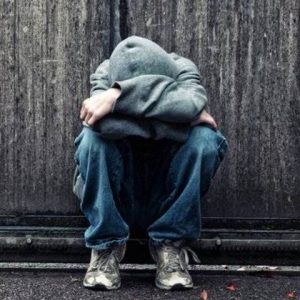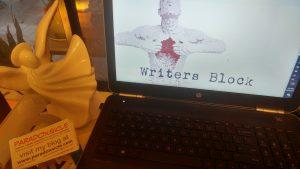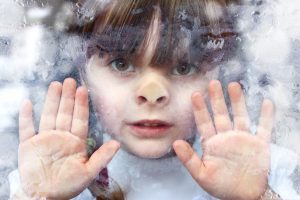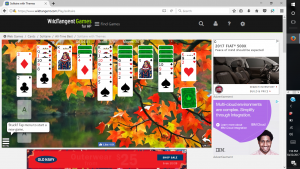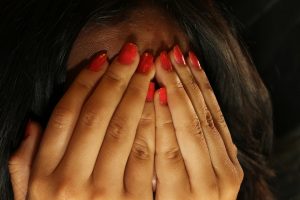The class of 1971 is having a 46-year reunion, next weekend. They’ll be at the football game against the rival high school. Go, Bulldogs!! The soundtrack will include Crosby Stills Nash and Young. Remember Teach Your Children Well? I put in a request, even though I can’t be there this year.
I’ve been thinking about those kids I grew up with. All of us are in our mid-sixties now. Although if they’re like me, I bet they still hold the delusion they’re sixteen and just got their drivers’ licenses. The Beatles are still together in our hearts. How can we have gray hair?
We rallied for peace. We were mythic in our own minds, righteously vocal against the corrupt establishment, against the war, against the lies of politicians, against oppression. We were different than those who came before. But how pure were we really? Did we sit-in because we wanted to fit in?
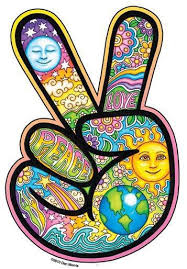
How much we needed to belong! At the local hangout—Shirley’s Drive-in—I dropped a quarter in the jukebox one afternoon when the place was swarming with high schoolers. I played Time of the Season by the Zombies (or was it Incense and Peppermints by the Strawberry Alarm Clock?) On my way back to my booth, as the beat of psychedelic rock throbbed over the hubbub, one of the jocks gave me such a startled look! Could I like that music without dropping acid? I was a goody-two-shoes, not even allowed to go to dances. I loved those songs. But my jukebox choice that afternoon tried to send a coded message to my peers that I wanted to be one of them. An old longing.
I don’t know what secret feelings the cheerleaders and jocks were hiding inside, but I was uneasy in my own skin. Awkward. Scared all the time. An outsider. I imagine I was obnoxious about what areas of competence I believed I had, in overcompensation for the rest. Maybe I’m still giving off some of the same vibe. There is probably some eye-rolling going on here.
However much we evolve even if we’ve had profound healing, isn’t there still that little kid inside, in an old bubble of fear…will anybody like me? How can I fit? Did they feel it too?
All the way back to earliest grade school, my tough family life prompted covert acting out. Those were hard years at home, and I felt unsafe and unlovable. A kid who feels like that brings it to school with her, to the social milieu. Because where could she lay it down? I observed the apparent social ease of the upper tiers of elementary school social strata—an ease that seemed magically bestowed. Seamlessly, gracefully engaged in by everyone else but me. I was jealous.
These days I know I was wrong in those assumptions. I know that even the kids I imagined were living charmed lives had their own painful challenges. Nobody had it easy.
The next thing I’m going to admit is something I feel ashamed and sad about.
From first grade on, there was Bobby, that everybody liked most, and Susie, the most popular girl. These are not their real names, because that’s not the point. One year Bobby liked Susie, or so it was said. They were both cute, popular, wore nice clothes. They were innocent friends, and nothing else, but we were all of us playing at being grown up, applying what templates of relationships were demonstrated on TV and movie screens. We, as a group (Miss Mendoza’s class—and no, that’s not her real name either) were vicariously trying on social roles. So, we watched with interest, this boy and girl whom we had drafted unawares, into role models without their consent. The sing-song chant of “Bobby and Susie sittin’ in a tree…. K-I-S-S-I-N-G… was some degree of social harassment. Or maybe even bullying. Did it embarrass them? They had no chance to opt out of our attention, to step out of the glare of our teasing, our jealousy, for their preferred status as our imagined social examples.
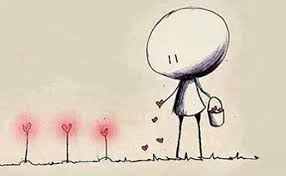
There was a set of girls, and I was among them, who decided that the fault for our own social deprivation could be pinned on Susie. We were ignorant sexists, blaming the female for the attentions of a male, however innocent all of it was. There was formed a little mean-girls clique, and while I don’t remember the ringleader, my presence gave consent. I was responsible for joining in. We distracted ourselves from the self-loathing we felt for being outside the social limelight. We called ourselves the “Hate Susie Club.” The club was an ugly, fleeting invention, probably the length of a single recess period or two. As far as I know, it evaporated as soon as it was spoken into existence. It took root in my memory not for its duration, or for any actions that were physically undertaken. I remembered it for two reasons I can think of, looking back with my adult eyes. First, it had been a rare moment when I felt included in a kind of membership, which was an experience I was starved for. And second, my conscience burned me like a bad rash, for aiming hateful thoughts at a girl I only admired and would have wanted to be like. Neither Bobby nor Susie had ever been unpleasant to me in any way. Why would I agree to such poisonous energy? I numbed myself and “forgot” about it.
Decades later, on suddenly encountering Susie at a gathering, I blurted out the beginning of an abrupt confession. What earthly reason made me open my mouth? I was seeking, I suppose, to unburden my guilt, apologize, and make amends for the ugly, short-lived meanness of the idea it represented. Such a terrible impulse, serving only me. I spoke the name of the “Hate Susie Club” to her, and then stalled out. As the words left my mouth I froze, aghast at hearing aloud my own complicity in creating a wound that sounded to my own ears more cruel than I had let myself know. And now I had compounded it by speaking it anew. Susie’s face was at first friendly and open, then surprised, then wary and masked. Within a minute, she excused herself and moved away to a cluster of folks across the room.
As an unwitting, needy child I had sinned simply to lend my ears and my voice to a conversation of such hatefulness. But now as an adult I had compounded the harm. And what is worse, I pushed it out of mind, and did not try to repair it since then. I’m realizing in the writing of this post that even now I still had Susie on some kind of social pedestal, and convinced myself she was okay.
I am sorry, Susie. For listening to hateful speech, and joining into it, for however brief a time. I am sorry that my adult bumbling so many years later, for only selfish reasons, caused hurt again. I’m sorry my embarrassment caused me to go silent, for all the time between then and now. I was wrong.
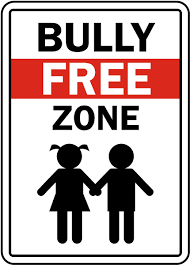
I think now of the bullying I know is rampant in our schools today, and the lives it maims and destroys. As an adult I have engaged in conversations, both personal and professional, on the need to instill compassion in our children. I have presented myself as a compassionate person, and told myself I modeled it.
There are gaps.
But I never saw so clearly that my complicity back then was bullying. That my failure to own it, or clear it, was hateful.
There’s a saying, that “Hurt people hurt people.” Surely the children who bully others, are, themselves, hurt. But I wonder if we turned the camera on ourselves, if we might see that behind our masks of morality, our defended egos, our religious postures, that the festering of our own old wounds maintains ugly blind spots even today. Are we insensitive to the degree we have not healed? Are we still bullies? We may slice open others’ wounds without noticing.
Sticks and stones may break my bones, but words can devastate me.
In our graduating class of 1971, there were more than 500 high school seniors whose lives encompassed personal hopes and dreams, sorrows and fears, pride and shame, promise and despair. Every one of us carried unspoken burdens, then and now. We cannot fully know all the experience of another. 46 years post-graduation, might we examine how we live out what values we say we hold? Might we look for ways to make the world kinder, and more understanding? That would be better.
We’re the establishment now.
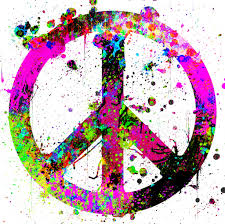
[contact-form][contact-field label=”Name” type=”name” required=”true” /][contact-field label=”Email” type=”email” required=”true” /][contact-field label=”Website” type=”url” /][contact-field label=”Message” type=”textarea” /][/contact-form]

